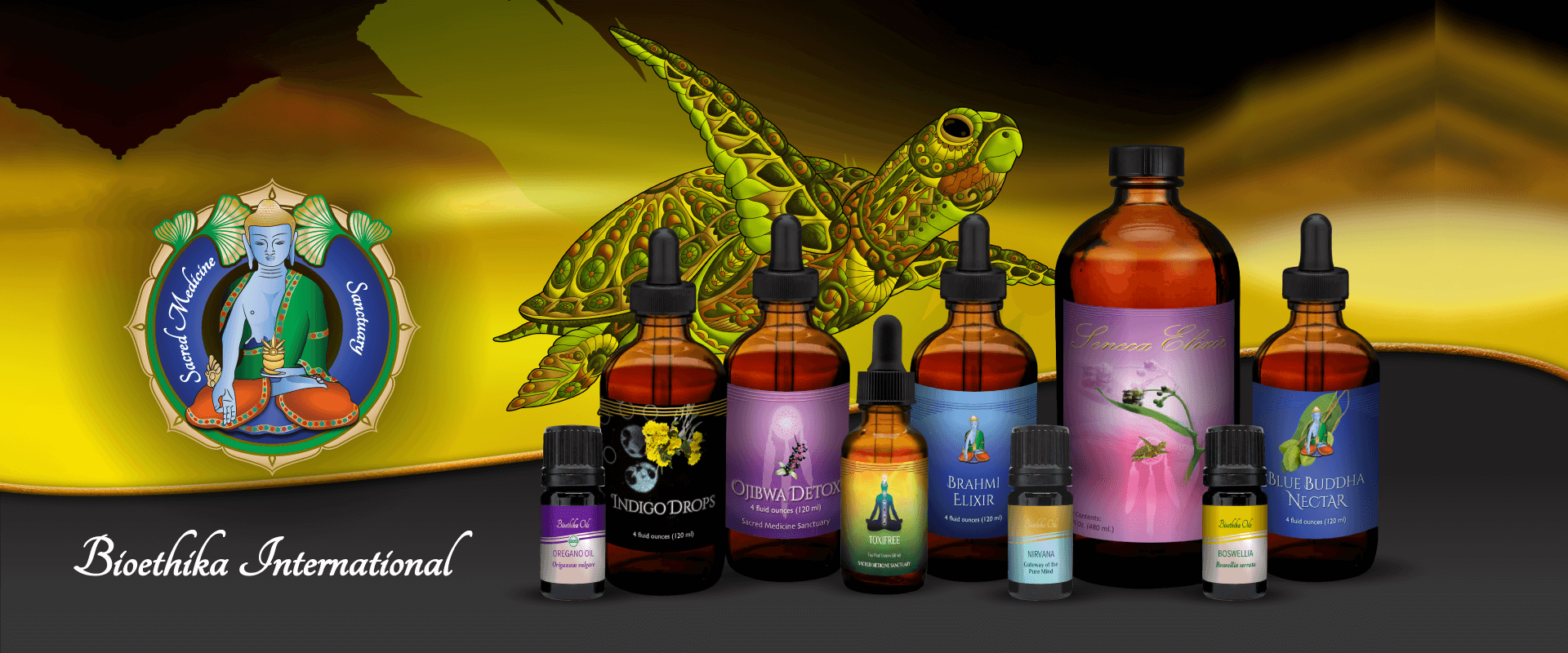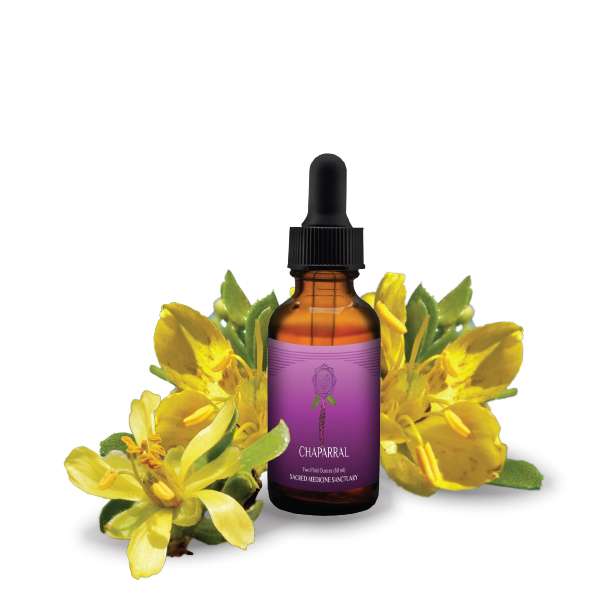


Other Medical Connections: Cancer researchers first became interested when an 87 year old man cured a facial cancer by consuming chaparral. Scientists at the University of Nevada investigated the activity of NDGA and found that it was a potent inhibitor of mitochondrial enzymes, which in turn inhibits cancer growth. While no clinical data exists to support using chaparral for cancer therapy, thousands of testimonials credit it for tumor remissions and complete cures. Other medical evidence indicates chaparral is an anti-inflammatory, and antimicrobial agent and a possible treatment for asthma. Research continues to uncover it's mode of action and other potential therapeutic uses.
Current Status in the Marketplace: After allegations in 1992 of liver toxicity associated with chaparral consumption, manufacturers voluntarily restricted sales until the reports were investigated. Following a lengthy review, a panel of medical experts concluded "no clinical data was found... to indicate chaparral is inherently a hepatic toxin. " In late 1994 this report was submitted to the FDA and the product was subsequently given a clean bill of health by the American Herbal Products Association (AHPA). After comparing the quantity of chaparral consumed each year to the number of product complaints, industry regulators concluded chaparral did not pose a significant threat to consumer safety.